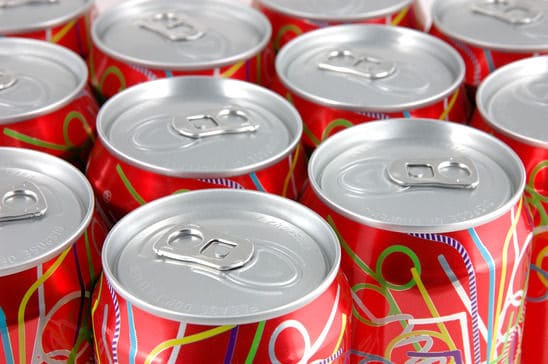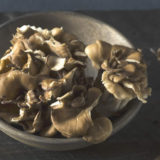

Having worked in the restaurant business for most of my young, pre-career life I have seen many occurrences of the old waiter’s anecdote describing the overweight person whom, after downing a huge meal and ordering the strawberry cheesecake for dessert, asks for an artificial sweetener for his/her coffee. It always brought a chuckle back at the dessert station and the general agreement of the staff that saving 100 calories after downing 3,000 wasn’t going to make much of a difference. Likewise, having a diet soda with your meatball sub with extra cheese, a bag of chips and a giant chocolate chip cookie at lunch is counter-productive to the intended purpose your soft drink choice – calorie control.
But, what about just having a diet soft drink by itself, or sweetening your tea with a sugar substitute? Surely, that saves calories and is better than using sugared drinks, right? One would think so, but a little research reveals a very different story about the effect that artificial sweeteners have on your weight and your health.
The Truth About Artificial Sweeteners
Over the last few decades the epidemic rise in obesity rates worldwide has led health officials to round up the usual suspects, namely fat and sugar, and propose strategies to control the amounts of these substances in our foods. This created a massive new demand for non-caloric artificial sweeteners such as aspartame, acesulfame potassium, saccharin and sucralose. In the five years between 1999 and 2004, over 6,000 new products were launched in the USA containing these sweeteners.
At some point, researchers began to test the hypothesis that the use of non-caloric artificial sweeteners would curb the growth rate of obesity in the USA. As you may have guessed by now, the results showed just the opposite. In several large scale, prospective cohort studies a positive correlation was found between the use of non-caloric sweeteners and weight gain. Likewise, results of interventional studies suggest that artificial sweeteners do not help reduce weight when used alone. These findings led the scientific community to conduct studies to determine why this counterintuitive relationship between sugar substitutes and weight exists.
Why Sweet Tastes Spur Sweet Cravings
In a nutshell, the results of the studies indicate that sweet taste, whether caloric or non-caloric, will increase appetite. Researchers theorize that this increase is a result of the activation of the hedonic component of the brain’s food reward pathways. This creates a craving for sweets, even in the absence of energy need. Once activated, the hedonic component triggers food-seeking behavior until caloric load activates the post-ingestive component.
Non-caloric artificial sweeteners activate the hedonic component and trigger sweet cravings leading to feeding behavior. The lack of caloric load, however, does not sufficiently activate the post-ingestive component, so the feeding behavior lasts longer. In other words, people who use artificial sweeteners end up eating more total calories in the long run.
Caloric sweeteners (such as sugars) on the other hand, deliver calories – thus activating the post-ingestive phase and dampening the food-seeking behavior which results in less calories being consumed. In essence, the artificial sweeteners are fooling the brain and people are eating too much as a result.
In addition, because artificial sweeteners encourage sugar craving without satisfying the caloric need, it is believed that the resulting repeated exposures train the user to have a strong sweet flavor preference and dependence.
Reducing Artificial Sweeteners from Your Daily Diet
What you absolutely should not do is switch to sugared soft drinks. The calories in sugar may avoid the problem described above, but the spike in blood sugar that results will trigger insulin release. Blood sugar levels will drop precipitously and hunger and sweet cravings will return. This “glycemic rollercoaster” is well-documented in literature and is the primary reason for the obesity epidemic that plagues our country.
It is important, however, that you take steps to reduce your use of artificial sweeteners because all of the medical problems associated with obesity can result from overuse of sugar-free foods and drinks as well. These include: metabolic syndrome, high blood pressure, diabetes and heart disease.
The best advice I can give here is to phase artificially sweetened foods and drinks out of your daily diet as much as possible. It is possible to re-train your senses to stop craving sweet flavors by systematically reducing your intake of sweets over several weeks. If you can limit the use of diet soft drinks and sugar-free products you will be better off. If you can’t, just remember that every time you “pop that top,” that diet soft drink is not doing its job.




